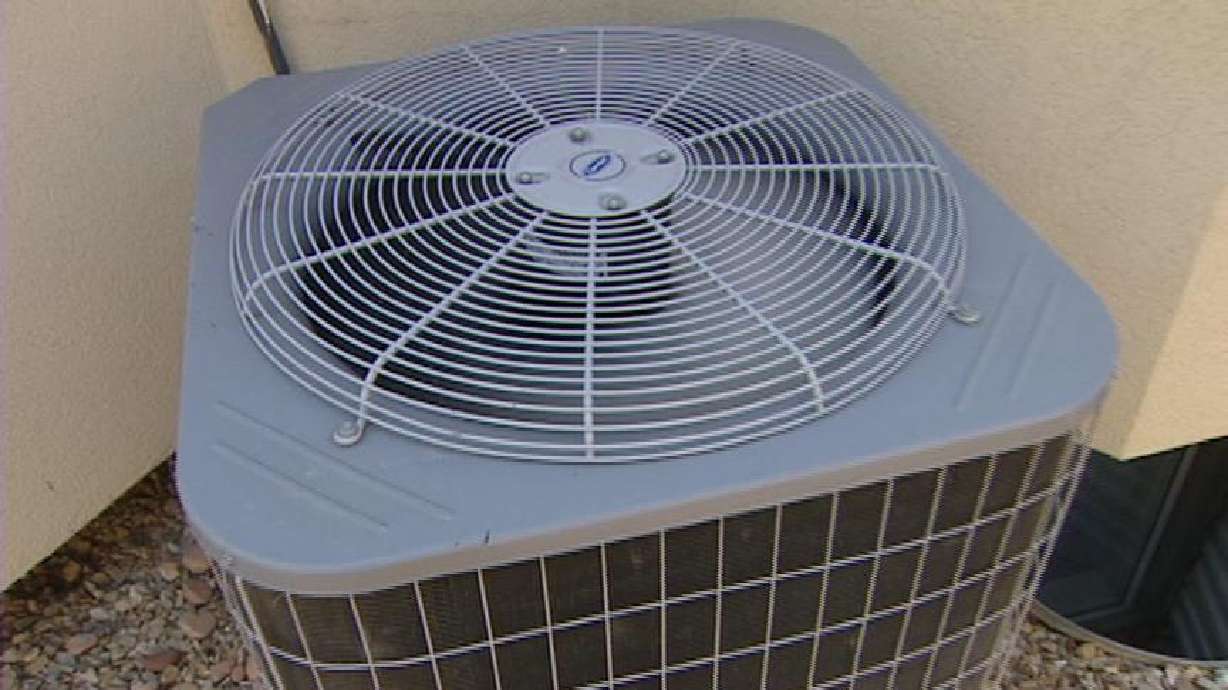Estimated read time: 2-3 minutes
This archived news story is available only for your personal, non-commercial use. Information in the story may be outdated or superseded by additional information. Reading or replaying the story in its archived form does not constitute a republication of the story.
Samantha Hayes ReportingThe heat is on and so is the demand for electricity this week. The power company is meeting that demand, but working at max capacity to do it.
Th 4-6 o'clock time period is the hottest time of the day, during the hottest time of the year. Right now, the demand for electricty is near 38-hundred megawatts, compared to say, 3 o'clock in the morning, when it's down around 22- hundred.
30 percent of the electricity Bruce Reitz uses is for air conditioning. That's what Rocky Mountain Power estimates.
Bruce Reitz, Homeowner: "Those two units, not running now, but they are running most of the time."
Reitz measures the amount by the bill.
Bruce Reitz: "My highest bill last year was 300 dollars. So far this year, we haven't brok 100 yet, so I think we'll see that this month for sure."
It's a high price to pay to stay cool.
Bruce Reitz: Central air is good every day, even though it costs more."

And that's the feeling of most Utahns. In 1990 most people had swamp coolers. By 2004 that switched; now more than 50 percent have air conditioning.
Dave Eskelson, Rocky Mountain Power: "That places a high seasonal load on our system."
Rocky Mountain power has seen base load growth of nearly 2 percent a year. Its the peak growth at 5 percent a year that is challenging to meet.
Dave Eskelson: "But the system is runnung well and it is at its maximum capacity when the weather is 100 degrees, and particularly when nighttime cooling does not get below 70."

Rocky Mountain Power is paying close attention to the operators at all the generating plants, making sure no technical problems crop up. That would cause them to have to buy power from another company, and that gets expensive.
They recommend setting temp indoors around 78 degrees and running appliances like washer/dryer and dishwasher during off peak times.








